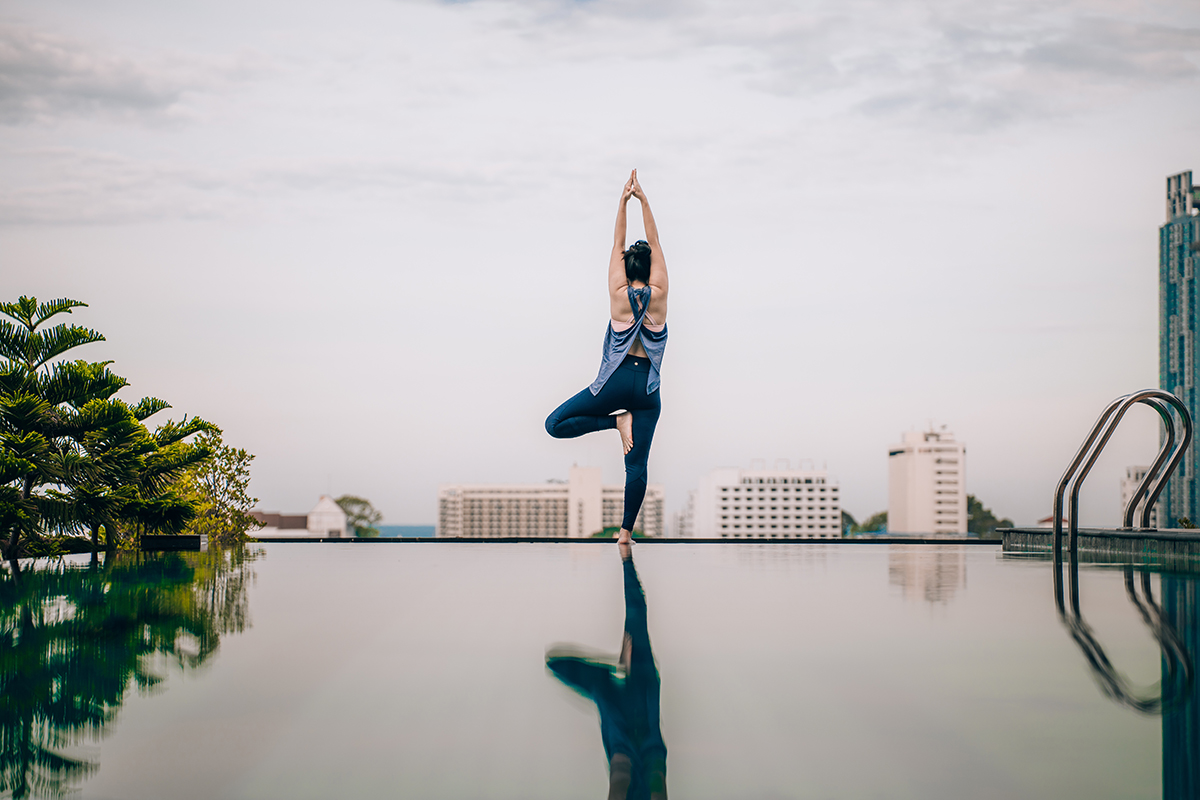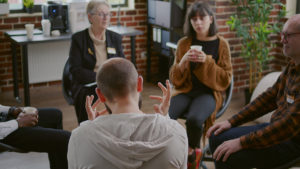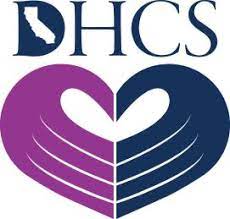While the roots of yoga lie in ancient India, its branches have extended far and wide. Today, nearly every culture on the planet has been introduced to some form of yoga.
In the High Desert of Lancaster, California, yoga therapy is being used to help people recover from drug and alcohol addictions. Along with other holistic approaches to mental health treatment, yoga therapy offers potent tools to heal and transform the body, mind, and spirit.
For people suffering from addiction—and their loved ones—yoga therapy is well worth exploring as a potential healing modality.
Yoga and Healing: What Is Yoga Therapy?
While most people have heard of yoga, what may be surprising to learn is that there are many different varieties of yoga practice.
Some types of yoga focus on precisely aligned physical postures, while others feature dance-like flowing movements. Some are intensely active, while others are slow and quiet. Some forms of yoga prioritize therapeutic/restorative goals, while others explore the more meditative aspects of this ancient tradition.
Yoga therapy is a form of holistic healing. It empowers people to get to the root of physical and mental health issues—rather than just dealing with superficial symptoms. This type of yoga can be used to support healing a bodily injury or a psychological trauma. It can also be used in recovery from alcohol or drug addiction.
Yoga therapy encourages people to maximize their overall health and well-being—and to discover how body, mind, and spirit are intimately connected. It promotes an integrated approach to healing.
A yoga therapist identifies the links between biomechanical imbalances and psychological challenges and works to restore balance to the body and mind. So, for instance, a yoga therapist might discover the connection between tension in a client’s neck, shoulders, and jaw—and unresolved anger or the feeling of not having an “authentic voice.”
Or, a yoga therapist may discover the connection between injured or imbalanced hips, knees, and ankles—and the feeling of not being supported by one’s family, profession, or social network.
As the body begins to heal, so does the psyche. As the breath becomes deep, relaxed, and fluid—so do the mind and emotional body. As the nervous system recalibrates, with a healthy balance of sympathetic and parasympathetic functions, worldly relationships become more balanced also.
Yoga therapy sessions are often one-on-one or held in small groups, which allows each participant to receive individual attention. A yoga therapist helps each student/client develop a therapeutic practice that enhances physical health, nourishes emotional well-being, supports mental balance, and cultivates spiritual insight.
Practices that a yoga therapist may utilize include:
- Postures that help dissolve physical tensions and imbalances.
- Gentle movements enhance the flow of life-force energy.
- Breathing techniques to calm and energize the body-mind.
- Meditation practices stabilize the mind and foster spiritual insight.
- Visualizations to empower new beliefs and behaviors.
The Benefits of Practicing Yoga
The myriad benefits of yoga have been known for millennia. The fact that yoga has survived for thousands of years is a testament to the value people from many cultures have found in it.
Any form of yoga—when practiced intelligently over time—can deliver a wide range of life-enhancing physical and psychological benefits. The numerous benefits of practicing yoga include physical enhancements such as:
- Increase muscle strength
- Improve flexibility and balance
- Enhance joint health
- Improve posture
- Boost immunity
- Improve digestion
- Improve spine and bone health
- Increase healthy blood-flow
- Regulate adrenal glands
- Help maintain ideal weight
- Improve coordination
- Ease physical pain
- Help to sleep better
Improving the health of the body (while most welcome!) is only the tip of the yoga-benefits iceberg. Additional mental-emotional benefits of an ongoing yoga practice include:
- Release emotional tension
- Relieve stress and anxiety
- Enhance the ability to relax deeply
- Balance the nervous system
- Relieve depression and increases serotonin levels
- Enhance concentration and focus
- Improve memory
- Support peace of mind
- Activate intuition and spiritual insight
- Increase self-esteem
- Boost IQ and mental clarity
- Develop inner strength and determination
- Help release destructive emotional patterns
- Enhance compassion
Yoga & Addiction Recovery
A yoga practice can also be a powerful tool for those recovering from alcohol or drug addiction. Yoga provides tools for nourishing the body and mind in ways that don’t involve addictive substances. For instance, yoga can activate the body’s internal pharmacy of feel-good chemicals (e.g., serotonin, GABA, dopamine)—which can support alcohol or drug withdrawal.
A yoga practice can enhance awareness of addictive behaviors and their emotional triggers. It can provide tools for remaining calm amid challenging circumstances.
Yoga helps reduce anger, agitation, worry, and frustration by calming the nervous system. And it enhances a sense of calm, ease, and compassion (for oneself and others). Yoga provides an understanding of how “we’re all in this together,”—which can help dissolve feelings of loneliness and isolation.
Most importantly, yoga unveils an inner peace and joy that is not dependent upon external circumstances. This can be a profound resource for someone recovering from addiction. While the “high” of alcohol or drugs is never permanent, the happiness unveiled by yoga is everlasting—and utterly free of harmful side effects!
Holistic Healing at Bellagio
The Bellagio Residential Treatment Center provides residential treatment in the Lancaster Desert for alcohol and drug detox and rehab. At Bellagio, a team of skilled mental health and medical professionals supports recovery from addiction to alcohol, opioids, cocaine, or benzodiazepines.
In support of recovery from alcohol or drug addiction, Bellagio offers psychological therapies such as cognitive behavioral therapy (CBT); medication-assisted treatment (MAT); and a variety of holistic therapies such as:
- Breath-work
- Massage
- Acupuncture
- Mindfulness and meditation
- Life skills development
- Art therapy
- Journaling
- Yoga therapy
Each client’s healing path is tailored to their unique circumstances, maximizing the effectiveness of their journey of recovery and creation of a newly joyful and healthy life.
Questions or comments? Please feel free to contact us. We’d be happy to answer your questions about yoga therapy or any other aspect of our treatment center.






